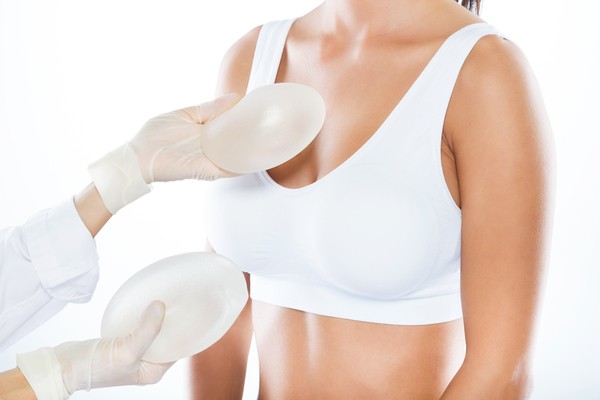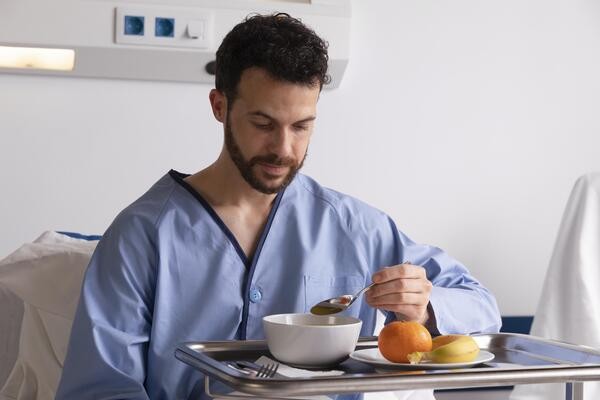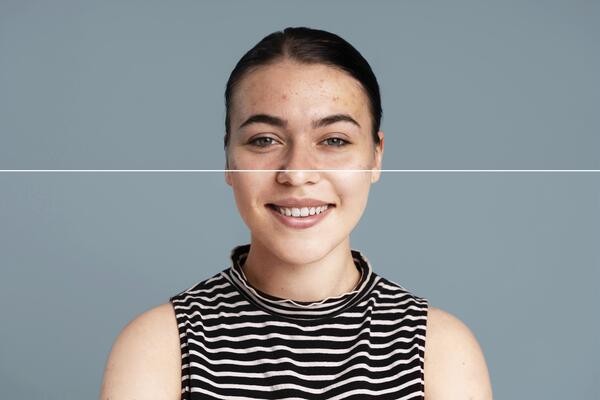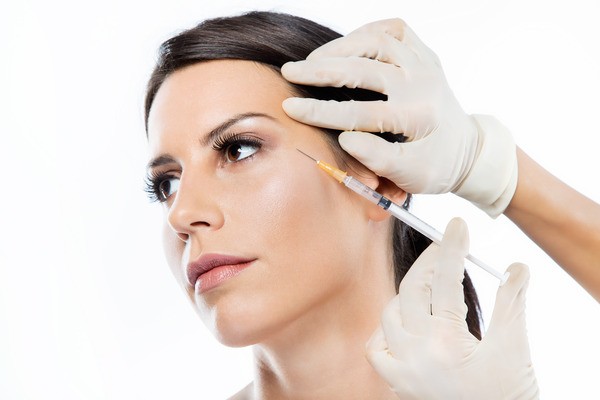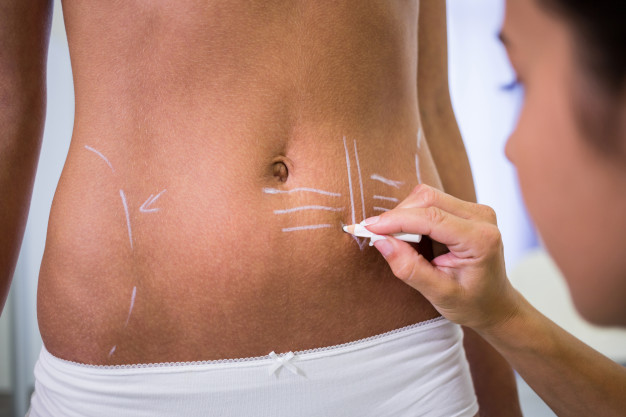
The Aftermath of Liposuction
Liposuction or lipoplasty is a kind of cosmetic surgery that helps in getting rid of unpalatable, excessive fat in the body to improve a person’s physical appearance and body shape or physique. This method of body contouring can be done in any area of the body. Usually preferred for the contouring of; the cheeks, chin, neck, breasts, midriff, hips, thighs, calves, etc. We will also learn of the aftermath of liposuction surgery.
The undesired bodily fat is discarded with the use of a hollow apparatus called Cannula. The cannula is placed under the skin and forced a high-pressure vacuum upon. This vacuum basically sucks off all the fat that’s wished by the patient to be removed.
How It’s Done?
There are a number of methods or types in this procedure. They are as allows;
- Tumescent Liposuction: Tumescent liposuction is the most typical procedure among the rest. An aseptic solution is injected on the skin where the fat is to be discarded from. This solution is made up of lidocaine, epinephrine, and saline, and helps make it trouble-free for the surgeon to perform the surgery. The sterilised injection prevents excessive blood loss and painduring the vacuum suction procedure.
- Ultrasound: Ultrasound assisted liposuction makes use of energy produced from sound waves beneath the skin. This method forces the cell walls surrounding the fat to break off and liquefies the ruptured fat which, then, can be easily aspirated off of the body.
- Laser: Laser liposuction is yet another technique of liquefying body fat. This method, like the name suggests, uses a laser beam to get the job done. The laser sparks off a rush of energy which liquefies the fat which can be easily suctioned out.
The suction in all these techniques is favoured by the cannula we talked about earlier. It pumps out the unwanted body fat with an ease.
All these techniques have one thing in common, which is the cannula. The cannula is what pumps out the unwanted body fat.
The Aftermath
Are There Any Risk Factors?
One thing is certain that this procedure definitely is risky. After all, actual body fat gets sucked out of a patient’s body. Some complications that come along this type of surgery are – difficulty with the anaesthesia, blood loss, fluid clots developing under the skin, shock caused to the brain due to the lack of fluid supply, burns caused by the machinery in use, unevenness in fat reduction, reaction to any chemicals or medicines being used.
Pretty scary, isn’t it? But there’s no need to stress over it because a majority of complications are triggered because of the surgeon’s irresponsible choice of actions. Before the surgery, it’s incredibly necessary to search for trained professionals and discuss all sorts of questions and circumstances with them. It’s required from a patient to be open and honest about their health and medical history, and complications if they have any. A person needs to be a suitable candidate for liposuction to prevent any fatal injuries, whether that’s internal or external.
Skim through a variety of options of the surgeons available and pick out the most experienced and advanced one in your opinion after a thorough understanding, of course.
The Healing Process
Some obvious bruises, swelling and soreness are to be expected in the weeks following the surgery. A compression garment may be suggested to be worn by the patient as it holds back skin tightly and prevents unnecessary swelling. A surgeon might prescribe antibiotics and pain reliever medications for pain and discomfort.
The healing phase is relatively quick and most people start going back to doing normal tasks within two to five weeks post-op. But every person is different and this time period may vary between two individuals.
For a healthier recovery, here are some tips to follow;
- Eat nutritious food like fresh fruits, green vegetables, natural supplements of protein, vitamins, minerals, and avoid spicy food or foods that can cause inflammation or bloating.
- To make sure that the body is working just fine and you’re safe from falling ill or getting fatigued, keep yourself hydrated with fresh, healthy juices and enough water.
- Don’t rush to get back to moving or working too soon after the surgery. Allow your body to heal in peace and offer yourself some well deserved rest and relaxation.
- Don’t put the pressure of doing regular tasks on yourself. Instead, ask your family or friends to help you with walking and eating. Don’t pick up heavy weights.
What are the Benefits of Lipoplasty?
Liposuction is a safe surgical procedure to get rid of unwanted fat and is highly effective when performed by a trained expert. Although liposuction does not necessarily work on the reduction of cellulite in the body, it sure can modify the looks of it! This improvement in fat loss and cellulite modification can be a great self-confidence booster, making a person prouder in their own skin. The fat that even exercising or diet plans can’t get rid of, can be reduced with the help of this surgery. A person basically gets moulded into their desired body by experienced body sculptures, i.e., cosmetic surgeons. This surgery is especially beneficial for people with excessive fat which complicates their health. Fat reduction may improve their health.
Do the results last long?
Although the fat cells discarded during the procedure are gone forever, new fat cells will keep developing. It’s only logical that anyone who has went through liposuction, has gained some amount of weight/fat back. To ensure the permanency of the treatment, patients are advised to follow a diet plan and keep working out to not get out of shape again.
About Dr V.S. Rathore
Dr Rathore is a trained, board-certified cosmetic surgeon with over 18 years of experience in this field. He has performed 9000+ successful surgeries and boosted up his reputation with an impressive customer satisfaction ratio. His aim is to deliver empathetic and quality care to his patients. He’s best known for his advanced techniques in aesthetic transformations. To book an appointment, contact via phone: +91-9831662311, 9073687683 or email info@drvsrathore.com.

